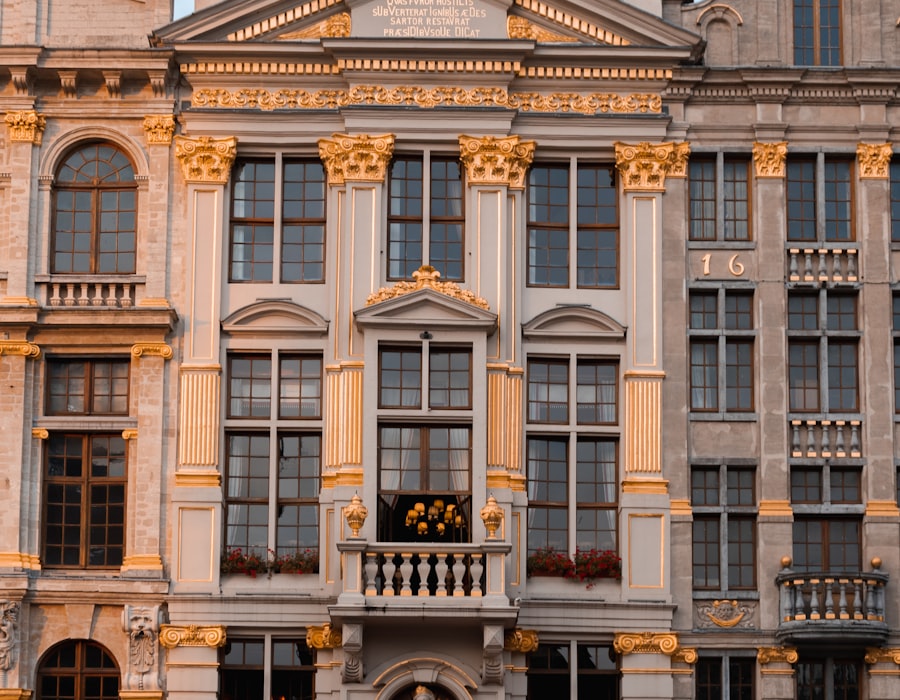In Belgium’s bustling capital, the linguistic landscape is evolving. English fluency is soaring, Dutch speakers are increasing, and French is facing a decline. With over a third of Brussels’ population being non-Belgian and a quarter being EU citizens, the city is becoming more diverse. The BRIO Language Barometer by VUB has been tracking this shift for 25 years, shedding light on the changing linguistic dynamics of the region.
The internationalisation of Brussels is increasingly reflected in the languages spoken in the region. The latest Language Barometer shows almost half of the region’s citizens speak English fluently and Dutch speakers are on the rise, while French is losing ground.
More than one in three people living in Brussels (36.9%) are non-Belgian, and around a quarter of residents are EU citizens. As the region becomes more cosmopolitan, the languages spoken shift too. This is reflected in the BRIO Language Barometer of the VUB. For 25 years, researchers have been studying the language use and knowledge of Brussels residents.

Brussels is buzzing with linguistic diversity, with English taking the lead as the second most spoken language, pushing Dutch to third place. The number of English-speaking residents has seen a significant rise, now making up nearly half of Brussels’ population. This trend is especially popular among the city’s youth and not just limited to Belgian locals, but also embraced by the international community.
The increased linguistic diversity has led to more multilingual Brussels residents, particularly English speakers. Since 2007, Dutch – one of the two official languages in the region – has been relegated to third place by English, which is now the second most widely spoken language.
English is gaining ground in Brussels
English is gaining ground in Brussels, stirring up discussions about its integration into the city’s administrative framework. Sven Gatz, the Brussels Minister for Multilingualism, advocates for English to be recognized as an official administrative language in the region, standing alongside French and Dutch.
Institutions and administrative bodies are already changing their use of the three main languages, now combining Dutch with French or combining the two official languages with English. French remains the most prominent language in Brussels, but the share of people speaking it has dropped significantly since 2001. This trend has, in turn, boosted the recognition of Dutch, providing more opportunities for its usage.
Researchers have observed a turnaround on several fronts. Since 2018, the percentage of Dutch speakers rose from just 16% to 22.5%. This positive trend is attributed to the success of Dutch-language education, leading to more young people in Brussels speaking Dutch fluently.
In contrast with the rise in multilingualism, the number of people who speak neither Dutch, French nor English has risen in the past 25 years. These people are more likely to experience substantial barriers when trying to participate in society. Language classes through the House of Dutch are free for Brussels residents and are a key part of the integration process.

